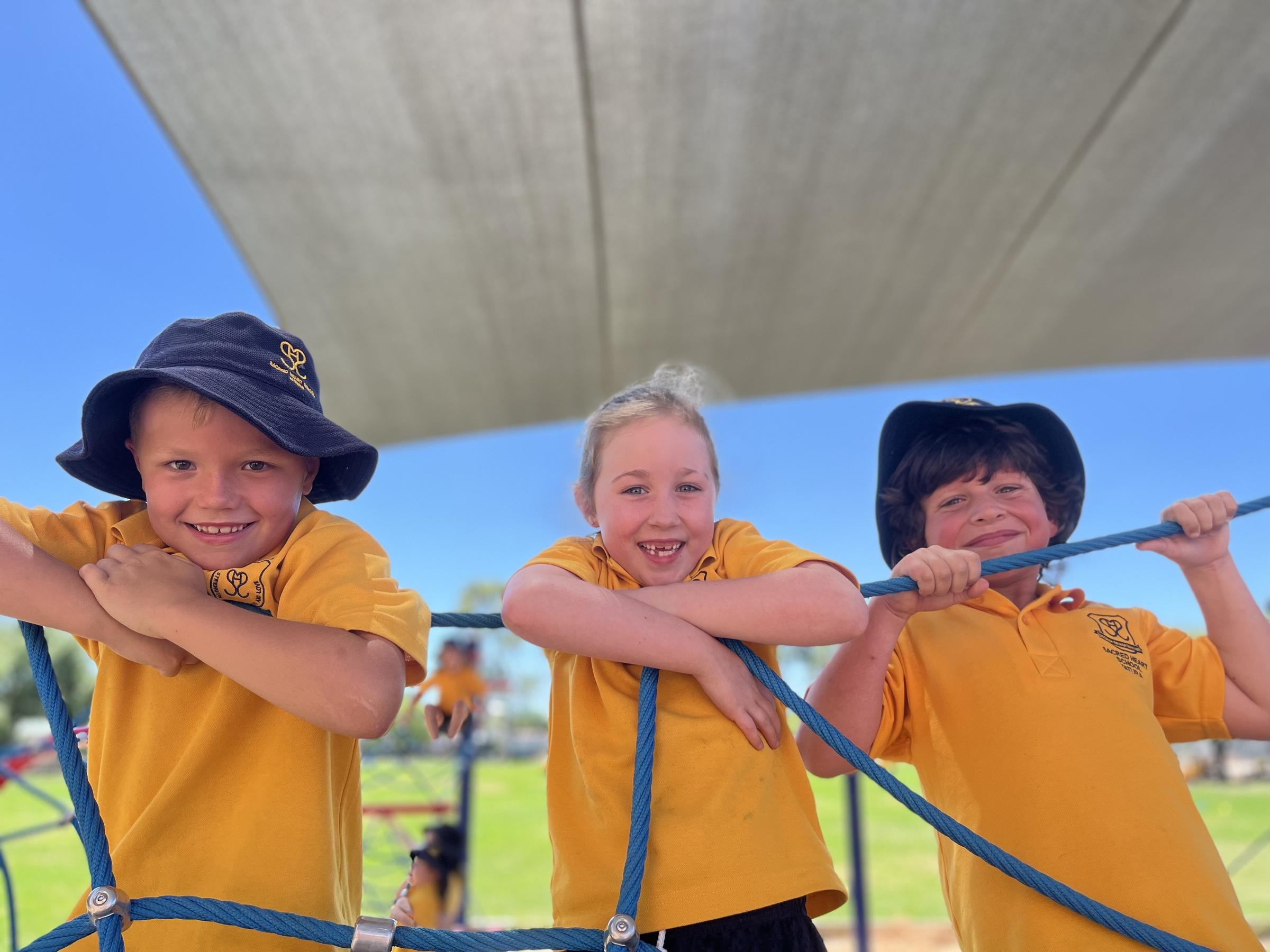Wellbeing Matters

Welcome to Term Two
As we move into this second term we are reminded and encouraged to keep on having conversations with our children about all issues that they face in their daily lives. Talk is important and never underestimate the value of a casual chat over a hot chocolate, a walk in the park or around the dinner table. Listening is as simple as not talking.
As kids grow into teenagers, it might feel like they aren't talking to you as much and might focus more on their friends.
But that doesn't mean they don't want to talk to you at all!
It's important to keep checking in and having conversations with them regularly. Asking for their opinions and listening to their ideas shows that you respect them as they mature.
If you often find it difficult to connect, talking while doing something together, like driving or cooking, can be a good way to have a casual conversation. It's less intimidating than sitting face-to-face and can make it easier for them to open up.
Top Tips
1. Be open and available. Let your children know you want to talk with them regardless of the topic. Always show them that you enjoy talking with them.
2. Stay up to date with what's going on in their life on a daily basis.
3. Talk about things that interest them. To get the conversation going, ask them about something they are interested in (sport, music, a video game, a movie or series they have watched).
The benefits of play
Playtime is an important aspect of a child’s development. Playtime not only allows for bonding and building a stronger relationship between a parent and child, but it also has significant positive effects on a child’s development.
Let’s explore the benefits of parents or adults simply playing with their children, and how it positively impacts their development.
- Builds Social Skills – playing with children allows children to develop social skills, such as cooperation, sharing, and taking turns. These skills are important for future social interactions, such as making friends, school, and work environments. Playtime can also help children develop emotional intelligence by learning how to identify and manage emotions through role-playing and other types of play.
- Encourages Physical Development – playing with children can also have a significant impact on a child’s physical development. Activities such as throwing and catching a ball, riding a bike, or simply running around can help develop gross motor skills, coordination, and balance. These skills are essential for a child’s overall development, and the opportunities to engage in physical activity especially with their fathers are important.
- Enhances Cognitive Development – playing with your children can help them develop their cognitive abilities, such as problem-solving, imagination, and creativity. Playtime can also help with language development as children learn new words and phrases through storytelling and role-playing. Furthermore, playtime can help with spatial awareness and mathematical skills as children learn to measure and count objects during play.
- Boosts Confidence and Self-Esteem – playing helps children to develop a sense of self-esteem and confidence. When we play with our children, they naturally provide encouragement and positive reinforcement, which helps them to feel valued and supported. When children feel valued and supported, they are more likely to take on new challenges, try new things, and develop and improve their self-efficacy.
- Creates Lifelong Memories – playing can create lifelong memories that children will cherish for years to come. These memories can have a lasting impact on a child’s development, as they provide a positive experience that children can reflect upon and draw upon for strength and inspiration as they grow older. These memories can also help foster a strong relationship between fathers and children, which can provide a foundation for a lifetime of love and support.
Playtime is an essential aspect of a child’s development. Playtime not only provides a positive experience for children but also has significant positive effects on their physical, social, emotional, cognitive, and overall development. Fathers who spend quality time playing with their children help build strong relationships, foster positive memories, and positively impact their children’s future.
So, take the time to play with your children, as the benefits are immeasurable for everyone involved!
School attendance
In Victoria, schooling is compulsory for young people from age 6 until age 17.
If your child has more than five ‘unapproved or unexplained’ absences in one school year, we will notify you and organise a time to discuss this with you.
It’s not unusual for students sometimes to feel nervous, worried or anxious about going to school. But for some, these feelings can be overwhelming and may build up until they result in school refusal.
School refusal is a complex issue that impacts a growing number of students and their families, and it can be a challenging experience for everyone involved, including educators.
By understanding the different signs and underlying causes of school refusal, educators are better placed to partner with students and their families in an informed and supportive way.
What is school refusal?
School refusal is when a student becomes very emotionally distressed or anxious about going to school, to the point that they refuse to attend.
The signs of school refusal can range from frequent absenteeism and lateness, to health complaints and repeated requests to go home. The causes are just as varied and complex, and include mental health conditions such as anxiety and depression, academic difficulties, peer issues and major life events.
School refusal is different from regular truancy. When a student is ‘wagging’, they will hide their absence from their family.
From the eSafety Commissioner
Parents and carers can use a combination of strategies to help young people build their digital technology skills and have safer experiences online.
Start the chat
Get into the habit of talking about online safety as a family, so your child feels comfortable coming to you if they ever need help working out an issue. It’s never too early to introduce good online habits such as respect, empathy, critical thinking, responsible behaviour and resilience. As your child grows older, eSafety’s advice about hard to have conversations will help with some of the tricky topics like sending nudes, online pornography and contact from sexual predators.
Check out “Helping your family stay safe online” from eSafety Office.
Joke of the week
Why did Adele cross the road? To say hello from the other side...
Niente Senza Gioia
Dom POPPA
Pastoral Wellbeing Leader


